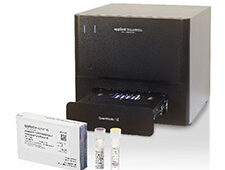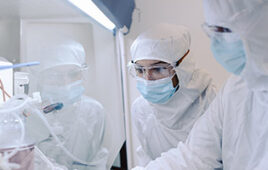Joshua Pearce is the Richard Witte Endowed Professor of Materials Science and Engineering and a professor in the Department of Electrical and Computer Engineering. He runs the Michigan Tech Open Sustainability Technology (MOST) Lab, which works on solar photovoltaics, 3D printing, and open source science hardware.
There is a desperate need for low-cost hardware to deal with COVID-19 all over the world. Today, with the evolution of digital manufacturing technologies such as 3D printers and circuit milling systems, humanity can share designs with others who can then replicate medical-grade devices for the cost of locally sourced materials.
Joshua Pearce leads Michigan Tech’s Open Sustainability Technology (MOST) Lab and he is the Richard Witte Endowed Professor of Materials Science and Engineering and a professor of electrical and computer engineering. Pearce’s MOST Lab made open-source designs of a high-temperature 3D printer, a firefighter mask and a printable, emergency-use ventilator, which have been published in a special edition of HardwareX dedicated to COVID-19 technology.
“The nature of these designs is such that desired features are relatively easy to add with the test using protocols and parametric design files provided,” Pearce said in a Michigan Tech guest blog. “Our hope is that such devices can be built upon by others to achieve full regulatory approval in all countries to ensure humanity is prepared for the next pandemic.”





Tell Us What You Think!